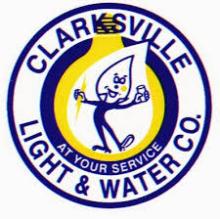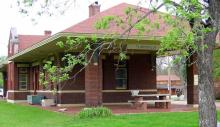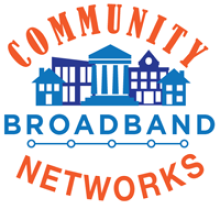Those Bewitching Broadband Bills; States Making Moves - Community Broadband Bits Podcast 350

Interest in community broadband and broadband service from cooperatives has grown significantly within the past few years. This legislative session, lawmakers in states such as Vermont, North Carolina, and Arkansas, have decided that they’d like to start contributing to new ways to bring better Internet access to their constituents. This week, Christopher and Jess Del Fiacco, our Communications Specialist, sit down to review some of the most recent state bills that we find promising.
Jess and Christopher talk about H 513 making it’s way through Vermont’s legislature. The bill contains policy changes and financial support designed to invigorate local broadband projects. H 513 was developed after state leaders examined the success of ECFiber, the regional network that brings gigabit connectivity to more than 20 communities in the central part of the state.
The state of North Carolina’s FIBER NC ACT, which relaxes some of the state’s restrictions on local Internet network infrastructure investment, also comes up in the conversation. Christopher finds the bill a promising start to restoration of local telecommunications authority in North Carolina. State lawmakers are also considering another bill that will assist with pole issues.
Christopher and Jess spend some time examining what’s happening in Tallahassee, Florida, where city leaders have decided that they will not pursue a feasibility study for the time being. Christopher addresses the meaning of "competition" in Internet access providers. It shouldn’t be a question that’s up for debate, but here we are.
This show is 32 minutes long and can be played on this page or via Apple Podcasts or the tool of your choice using this feed.
Transcript below.
We want your feedback and suggestions for the show-please e-mail us or leave a comment below.
Listen to other episodes here or view all episodes in our index. See other podcasts from the Institute for Local Self-Reliance here.
Thanks to Arne Huseby for the music. The song is Warm Duck Shuffle and is licensed under a Creative Commons Attribution (3.0) license.



 Even though large incumbent ISPs have collected federal grant funding in the past, deployment in Arkansas has been inadequate to connect all Arkansans. According to the FCC, connectivity to households is
Even though large incumbent ISPs have collected federal grant funding in the past, deployment in Arkansas has been inadequate to connect all Arkansans. According to the FCC, connectivity to households is 

 Lack of Coverage Complicates
Lack of Coverage Complicates



